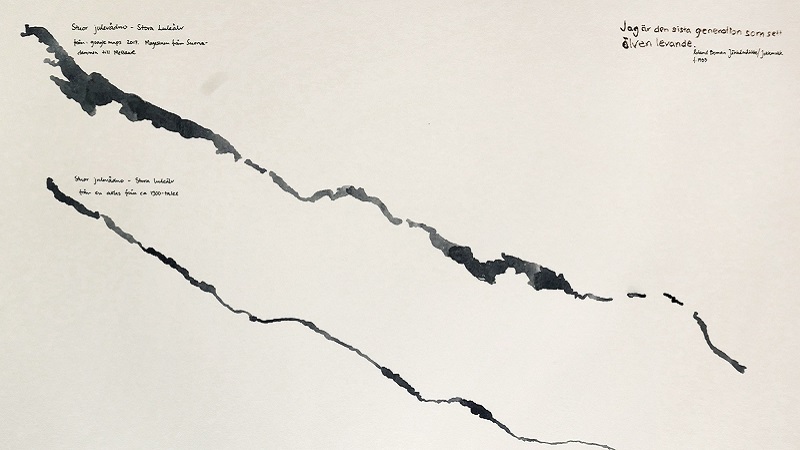"Across the colonial encounter the untranslatable has always leaked as repository of resistance. European colonialism can be understood not only as a territorial or economic domination, but as a site for linguistic domination through the control of circulation and imposition of words, names, and meanings. In Monolingualism of the Other (1996), Jacques Derrida speaking from his experience as a Jewish-Algerian francophone under French rule reflects on the impossibility of linguistic belonging. For Derrida, the French language was both the medium of his thought and the instrument of his exclusion, a “prosthesis of origin” that could never be his own.
This lecture takes Derrida’s words “I have only one language; it is not mine,” as its point of departure to trace how a politics of translation operates when embodying comradery, and solidarity across linguistic and cultural divides. What does it mean to form alliances when the very language we speak bears the marks of domination? Can translation, between tongues, between worlds, ever escape the violence of its origin? How can linguistic alienation and incomprehension become a source for reciprocal recognition rather than an instrument of division?
These questions will be approached in dialogue with examples such as Sámi artist Katarina Pirak Sikku’s Julevädno (2020–2021), a painting of the Lule River that confronts the colonial transformation of a living waterway into an industrial resource. For the Sámi, Julevädno is not only a river but a being – its flow tied to direction, relation, and survival. Through its damming, Sweden’s hydropower projects enacted both an ecological and cultural silencing. In Pirak Sikku’s double image of the river, before and after the cuts, painting becomes an act of translation: a reanimation of what has been stilled.
How, then, can we speak of solidarity, of being an ally or comrade, without reproducing the hierarchies we seek to undo? What does friendship mean when belonging itself is wounded by colonial histories? Drawing on the works of scholars Rauna Kuokkanen, Denise Ferreira da Silva, Judith Butler, and Derrida, Michele Masucci will approach these questions by considering translation not as mastery but as an ethical practice – a politics of care that remains within the untranslatable.
Michele Masucci is an artist and researcher whose work engages with contemporary histories of social movements and collective forms of resistance. Their practice integrates artistic, philosophical, and political inquiry. Masucci is a PhD candidate in Critical Theory at the Academy of Fine Arts Vienna and holds a PhD in Medical Science from Karolinska Institutet. They hold a Bachelor's degree in Philosophy from Södertörn University, as well as a Master of Fine Arts and a Post-Master in Art & Architecture from the Royal Institute of Art in Stockholm. Masucci is currently a Research Fellow at the Centre for Art and the Political Imaginary, a collaboration between HDK-Valand and the Royal Institute of Art.
Masucci's practice is deeply informed by performative art, collective organization, and care practices. They have held academic positions at Konstfack and the Royal Institute of Art, and recently curated "A Careful Strike" at Mint Konsthall. Their contributions to conferences, publications, and exhibitions highlight an ongoing engagement with social issues, including "Ecologies of Care - The Social Centre as Self Organized Infrastructure for Art," a lecture and seminar at Stockholm University of the Arts (2024)."
*The lecture will be held in English.
To read a seminar text in advance, please contact:

